After an extended break from blogging to concentrate on the launch of my app, it seems appropriate to restart on International Women’s Day on the subject of female entrepreneurs.
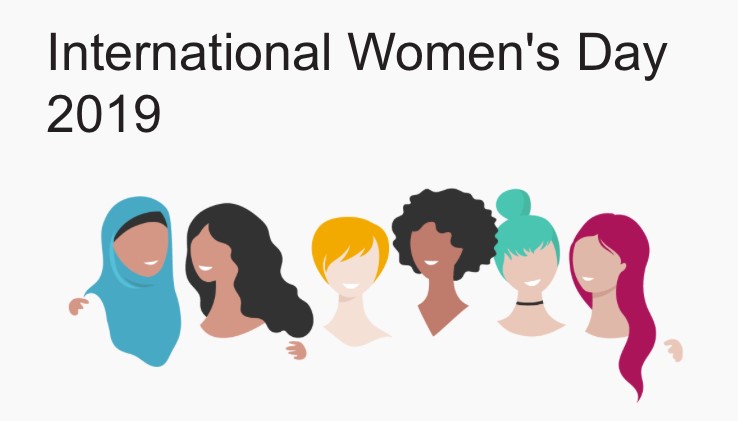
Last week I was invited to speak on a panel about Muslim entrepreneurship by the Islamic Finance and Ethics Society (IFES) at King’s College. First of all, it was nice that they got the balance right, with two men and two women on the panel. This sadly does not reflect the picture overall. Of the six million businesses in the UK, only one-fifth are headed by women.
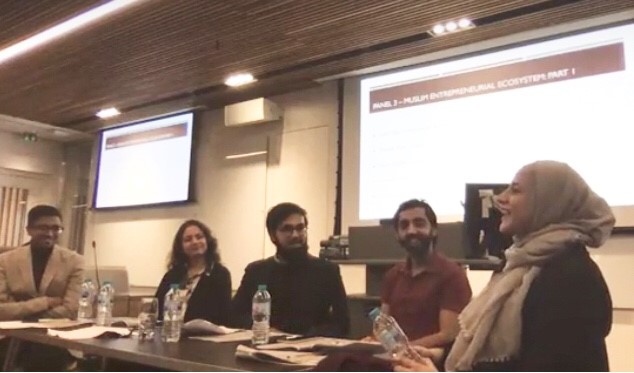
Even establishment figures are shocked by the numbers. Robert Jenrick, Exchequer Secretary to the Treasury, said that untapped female entrepreneurship “may be the greatest economic opportunity of 21st century.” He goes on to say “it’s vital that we identify the barriers that are hampering entrepreneurial women from securing the backing that businessmen have taken for granted.”
As a Muslim woman who is a recent entrant into the EdTech field, there are additional hurdles to cross. Evidence submitted to the APPG from the Muslim Women’s Network UK highlighted how Muslim women “are simultaneously viewed as weak/submissive and disruptive/trouble-makers and both sets of stereotypes restrict their abilities to enter and remain in the workplace”.
The support network that is so vital for start-ups is practically non-existent for Muslims. I am fortunate to be involved in an accelerator called iE5 which supports Muslim entrepreneurs and offers mentorship and guidance in a variety of ways from legal to financial. Having people who understand and share my values makes the process easier. This is a recent initiative, however; my fellow panellists said they had to go it alone. Sheeza Shah, a computer science graduate, had the idea of a crowdfunding platform to launch and fund companies creating transformative social and environmental change. Now named in the ‘Top 100 influential BAME UK Tech leaders’, her journey took persistence, dedication and faith in her product – qualities shared by most success stories.
Shazia Saleem founded ‘iEat’, an exciting venture to bring halal versions of staple British classics such as shepherd’s pie to UK supermarkets. It was all going so well, when the factory that made their products went into administration, putting Shazia back to square 1 with her dream in tatters. Her comeback story is inspiring. She has now rebranded as ‘Oh my good nosh’, found a new team and her brand is back in our supermarkets. She writes, “Why do we fall? So we can learn to pick ourselves up.” The Quranic verse, “Verily with hardship comes ease” also resonates and is a good reminder not to give up. It’s heartening to see the growing number of Muslim women who, despite the odds, have the courage to found their own business selling everything from fashion, to greeting cards, to mocktails.
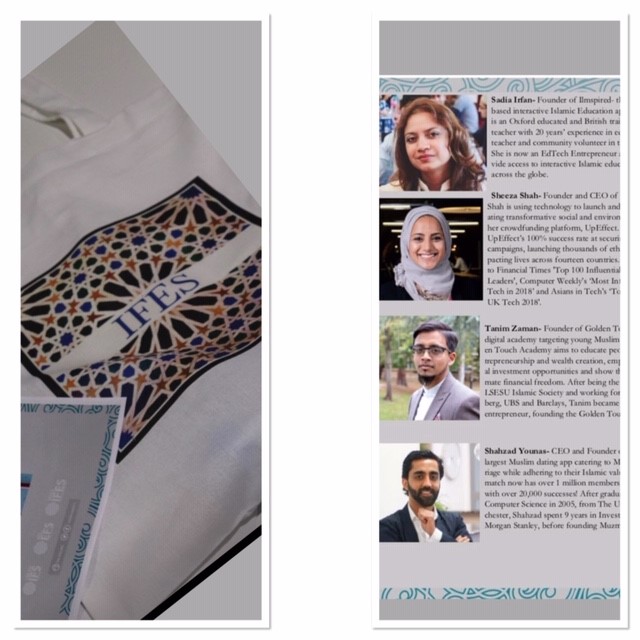
At the IFES panel, I was asked what made my business different from a non-Islamic one. While all new businesses face similar challenges, as Muslims, we believe that our intentions matter and that we are accountable to God for the way we conduct business. A research paper from Malaysia explored the influence of Islamic spirituality on Muslim women’s entrepreneurship there, showing the effects of spirituality on their careers, business ventures and general entrepreneurial behaviour. Sheeza, Shazia and I want to build successful businesses, but we also want to be ethical and socially impactful. Others at the conference spoke how their dream corporate job after university turned sour after only a short while, leaving them to question their purpose and ultimate legacy.
A key takeaway from the conference was that an idea, no matter how brilliant, needs to be shaped into at least a minimum viable product before anyone will take you seriously. I remember all the puzzled looks I received when explaining my idea of an interactive app for Islamic Education. It was only when I showed them a working version that they were able to understand my vision. I was fortunate that I had worked in education for many years and was able to put my own savings into the creation of the app. Others endure corporate misery, pursuing their dreams on the side so they have a financial back up if it all goes wrong. There are no easy answers, but if you think you have an amazing idea and are prepared to put in the work to make it a reality, go for it!
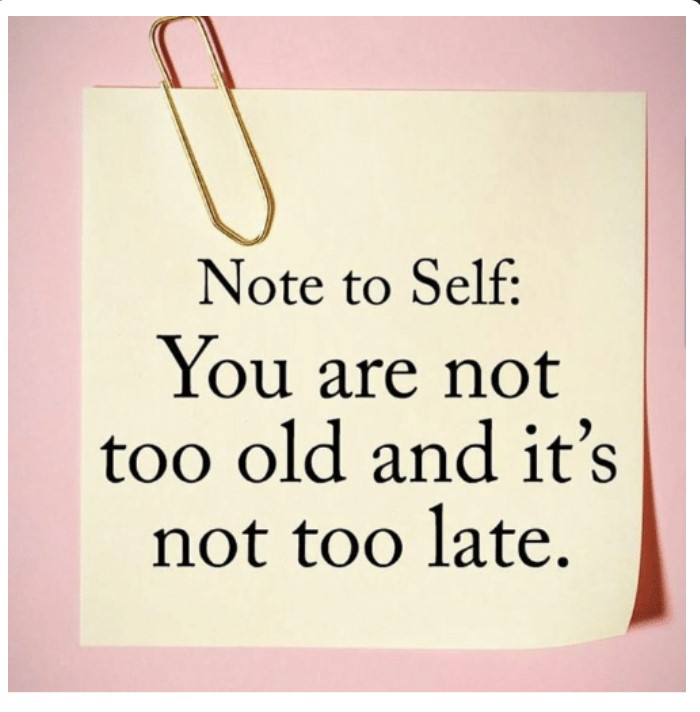
As someone who is a late entrant into the world of entrepreneurship, juggling school runs and sports days combined with 5am starts (not to mention all the new IT knowledge I have needed to acquire) does make life challenging. Pushing the boundaries of my comfort barrier from time to time isn’t easy but is important for my personal growth. Whilst speaking publicly about my work or writing all the content for my app is enjoyable, when it comes to using social media and marketing, I am definitely outside my comfort zone! Despite this, the opportunity to do something I am passionate about and the reward of finding personal fulfilment makes it all worthwhile.


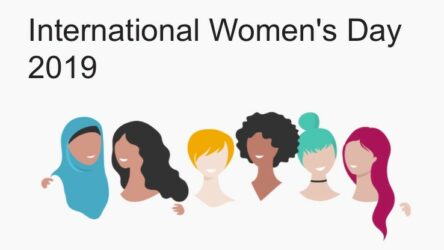
Interesting read Sadia, so wonderful to see you doing so well. You are an inspiration to many.
Awesome post! Keep up the great work! 🙂